Prologue
I have worked in Pakistan as a consultant intermittently since 2001 in many different projects in Sindh, Punjab and Khyber Pakhtunkhwa (KP) Provinces. My work required travels to major cities such as Karachi, Lahore, Peshawar, Islamabad, and also to remote project sites in Kohistan and Swat Valleys for hydropower projects in KP. The experience has always been very rewarding both with project-level staff and people that I interacted with for project planning and/or review purposes. Despite being a Canadian on the project team, I always introduced myself as a Bengali and was very warmly welcomed by my Pakistani colleagues and hosts. I never experienced any animosity caused by the breakup of then Pakistan and the independence of Bangladesh in 1971. Indeed, many Pakistani colleagues enjoyed my company more as a Bengali over my Canadian identity.
Over the years, I met many Bengalis in Pakistan’s biggest city, Karachi, working in hotels as chefs, in guest services, and at bell desks. The narrative here is based on my informal chats with Bengalis I met, augmented by available secondary sources on Bengalis in Pakistan, more particularly in Karachi. I also discussed with my colleagues for their insights into the Bengali refugee issues and the Pakistani Bengalis. In Karachi, people make a clear distinction between those who possess irregular documentation with roots stemming from East Pakistan and those who were born in Karachi as second or even third generation as a Pakistani Bengalis. This article delves into the history of Bengali migration, culture, and sociopolitical dynamics of the Bengali community in Karachi.

During my visits to Karachi, I always look for fish places, because we Bengalis are known for rice and fish (machhe bhate Bangalee). As a port city, Karachi is known for best fish dishes in all over Pakistan. In fact, earlier in the week during this trip, I visited the famous Rashid Bangalee’s fish place at Port Grand for dinner with other Pakistani colleagues on my team. Rashid Bangalee is a very famous chef in Karachi. He has several restaurants under his name; the main restaurant is in Kamari at the fishermen’s wharf. The Bengalis run the dockside fish market in Karachi.
Karachi: A bustling metropolis
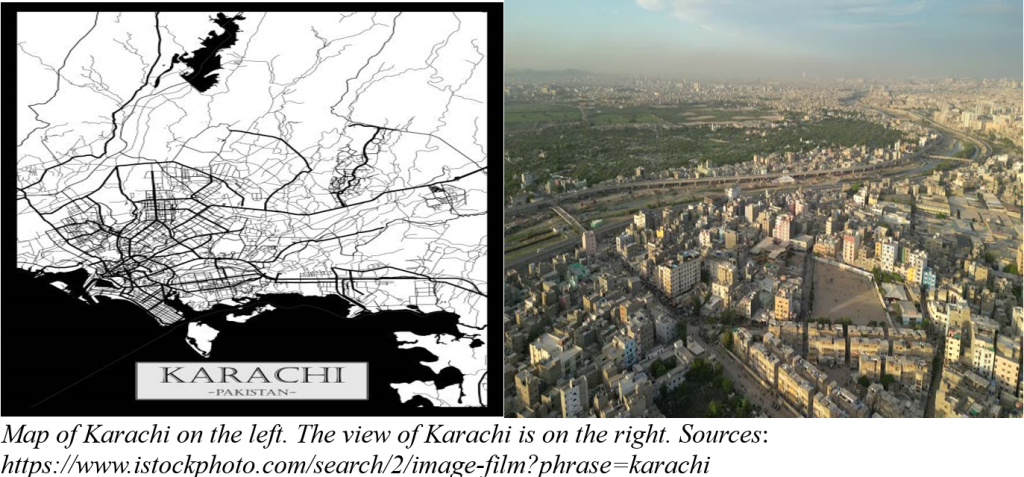
Karachi, the bustling metropolis of Pakistan, is a city of 20 million people, according to official estimates. However, many suggest that the city population is perhaps between 23 to 25 million. The city has a multi-cultural character and is home to many ethnic/minority communities and refugee populations. It is estimated that there are 3 million Bengalis in Pakistan; of this, over 2 million live in Karachi, although exact figures are difficult to ascertain due to the lack of specific census data. Since the Taliban takeover in 2021, an approximately 600,000 Afghani refugees fled to Pakistan fearing persecution. There are an estimated 350,000 Rohingyas currently living in Karachi. They arrived in hundreds of thousand over the past decades and made Karachi their home. It is alleged that many Rohingyas have in the past migrated to Saudi Arabia using Pakistani passports.
Migration of Bengalis, settlements and profiles
The presence of Bengalis in Karachi dates back to the pre-partition era when the city was a major port and commercial hub of the British Indian Empire. After the partition of India in 1947, a large number of Bengalis migrated to Karachi from East Pakistan. The migration continued in post-1971independence of Bangladesh, as many Bengalis sought better economic opportunities in Pakistan’s largest city. According to one source, of the estimated 200 settlements of Bengali-speaking people, 132 are in Karachi; the rest are in scattered in smaller cities in Sindh.
The Bengalis are concentrated in areas like Machar Colony, Korangi, and Landhi, where they have established vibrant neighbourhoods. The neighbourhoods have colourful signs in Bangla, Urdu and English. Most Bengalis are bilingual, and often trilingual (Bengali, Urdu and English). Bengalis in Karachi have managed to retain their rich cultural heritage, despite being far from their homeland. The Bengali language is widely spoken within the community, and efforts are made to teach it to the younger generations through informal schools and cultural organizations. They celebrate traditional festivals such as Pohela Boishakh (Bengali New Year), Durga Puja, and Eid with great enthusiasm. The ‘Little Bangladesh’ in Karachi is the Bengali cultural hub with Bengali cuisine, with its distinctive flavours and dishes like biryani, hilsa fish, and sweets such as rasgulla, remains a central part of their cultural identity.
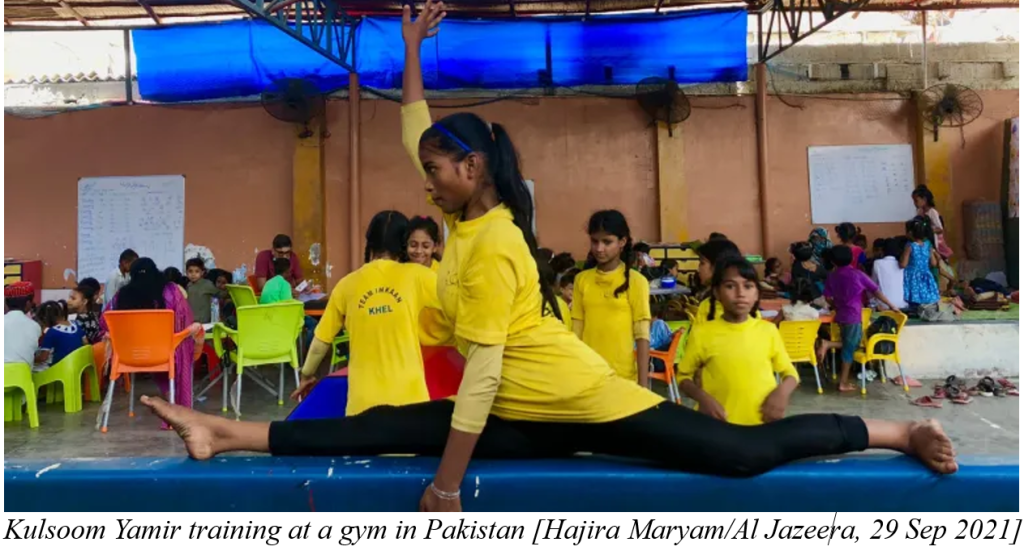
Despite many challenges as refugee settlers, the Bengali community contributes significantly to Karachi’s economy. They are actively involved in various sectors such as fishing, construction, and small-scale businesses. The Machar Colony, predominantly inhabited by Bengalis, is one of the major centers for the city’s fishing industry. In Karachi, fish equals Bengalis.
Legal status and sociocultural dynamics
A significant number of Bengalis in Karachi are stateless or possess irregular documentation. Many Bengalis who remained in Pakistan found themselves in a limbo, neither recognized as Pakistani citizens nor as immigrants. Children born to Bengali parents in the post-1971 period are in many instances not recognized as citizens. More than half of the Bengalis have no citizenship status. President Parvez Mosharraf (2001-2008) took an initiative to regularize the illegal Bengalis. As a result, many got their citizenship while a large number missed as the programme was later discontinued. Instances of Pakistani Bengalis being denied access to essential public services, such as hospitals and clinics, are frequently reported in the press and other media. In many cases, despite having official ID cards (i.e., CNIC), Rohingyas have been rejected by hospital and denied medical assistance solely due to their Bengali heritage. Even today, the Pakistani Bengalis face discrimination on a daily basis caused by the lack of social acceptance.
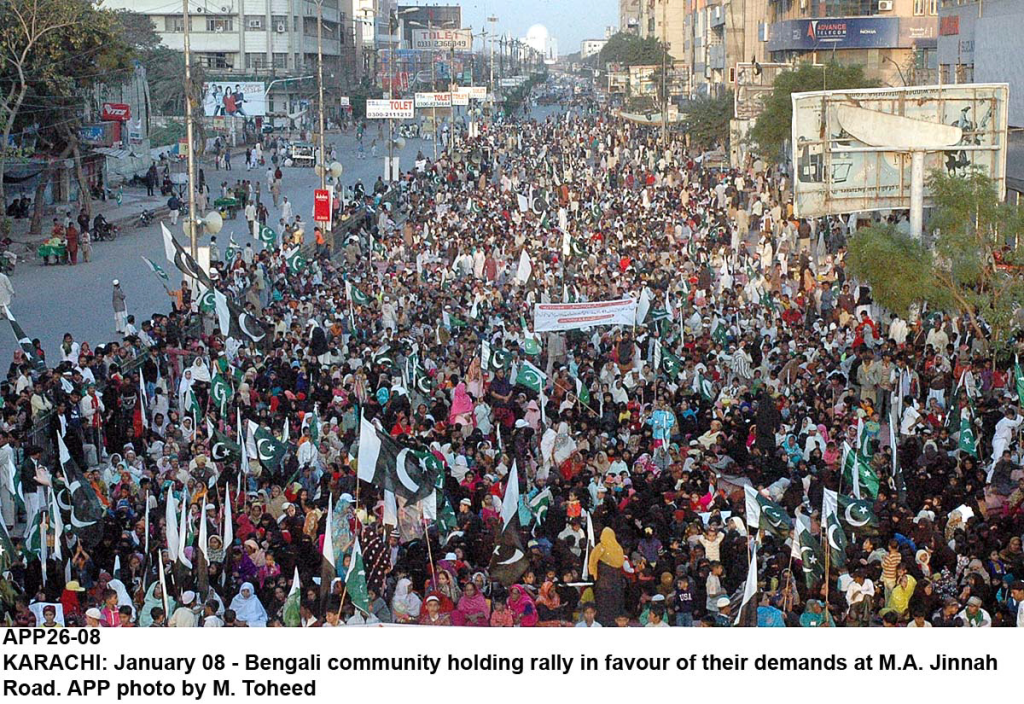
The Bengali community in Karachi faces several challenges, primarily related to their illegal status and lack of social recognition. As noted earlier, many Bengalis lack proper documentation, which affects their access to basic services, education, and employment opportunities. This has led to their marginalization and exclusion from the mainstream society. They are neglected and seem to have been forgotten by the political organizations. However, some community-based organizations/NGOs work to support the Bengali population in Karachi. These groups provide legal aid, education, and healthcare services, and advocate for the rights and recognition of the Bengali community. The Bengali community in Karachi, with its rich cultural heritage and significant contributions to the city’s economy, remains an integral yet often overlooked part of the metropolis. Addressing their legal status and ensuring their inclusion in the mainstream society is crucial for their well-being and for the socio-economic development of Karachi as a whole.
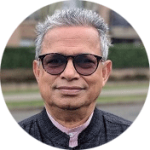
Mohammad Zaman
Dr. Mohammad Zaman is an internationally known development/ resettlement specialist. He has worked in many major projects for the World Bank in Bangladesh and in other countries in Asia and Africa. Dr. Zaman’s most recent edited book (co-editor Mustafa Alam) is titled Living on the Edge: Char Dwellers in Bangladesh, Springer, 2021. E-mail: mqzaman.bc@gmail.com
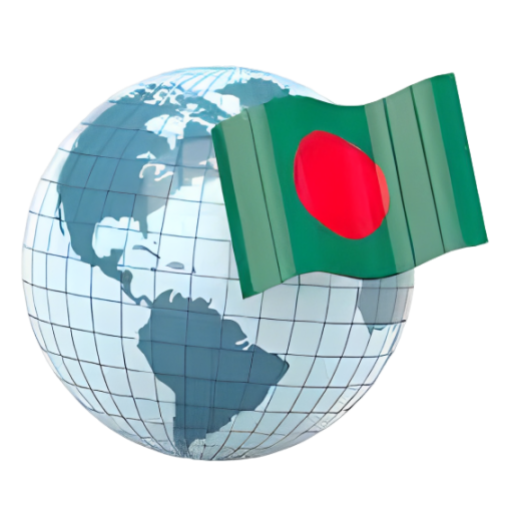
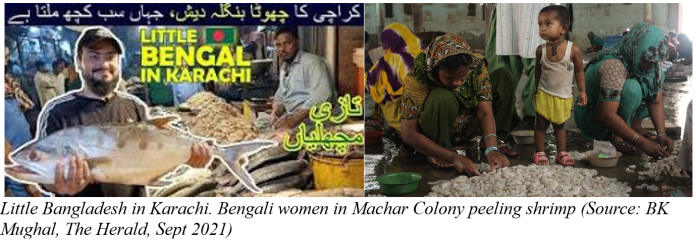
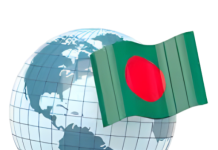
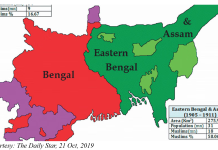
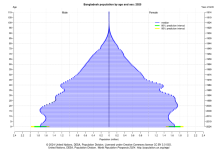
This is an interesting article. I’m glad the writer’s experience with Pakistanis reflects my own. As a Bengali who grew up in Karachi, I still consider the city my home. Although I now live in Bangladesh, I miss Karachi deeply—like anyone separated from a beloved place. I know its streets, the rhythm of its markets, the scars and quirks of the trees, and even the cracks in its sidewalks better than many locals, even now. I remember the warmth and kindness we were always shown. There was no hostility, only a quiet sorrow over the political divide that split the country in two. The challenges faced by Bengalis in Pakistan are, to a large extent, of their own making. As for why and how—perhaps that’s a conversation best saved for another time or place.
What a fascinating piece! Thanks for picking a topic of great interest to many. I just wanted to let you know that the photos you have included are beautiful. They generate immediate interest. Your observations and interactions with the Bengalis make it an engaging narrative. It’s based on primary sources.
It’s nice to hear that the Bengalis are now a part of the multicultural fabric of Karachi. I thoroughly enjoyed it. However, it is disturbing that they still have no legal status in Pakistan. Though your write-up was informative, I found it to be short. It gave rise to more questions than answers. I enjoyed it so much that I am prompted to pursue it further.
Since you are in a position to travel back and forth, perhaps you could elaborate more and dig deeper into history. I know that in the 1980s, Mahmud Ali (a Sylhetean Bengali), who became a Social Welfare Minister in Islamabad, did a lot for the Bengalis, who were economic migrants more than political refugees. He was instrumental in assisting many Bengalis in Karachi in going to Iran (RCD countries) and finding employment there. I met several Bengalis in Karachi who said they were about to leave for Iran. They had to obtain a domicile certificate that certified that they were domiciled in Pakistan (formerly West Pakistan). Poor economic migrants from Bangladesh used to come to Karachi, stay a few months/years there, and find ways to go to the Middle Eastern countries. In a sense, they used Karachi as a transit. Mahmud Ali played a pivotal role.
I also heard many Bengalis were/are domestics (even the notorious A.K. Niazi was heard bragging about having a few Bengali domestics at his house). They were illiterate Bengalis who had no position regarding Pakistan or Bangladesh. They are undocumented economic refugees—to them, Pakistan was just another country that had job opportunities. It would be hard to trace them.
Can you focus on these two aspects if you ever decide to expand?